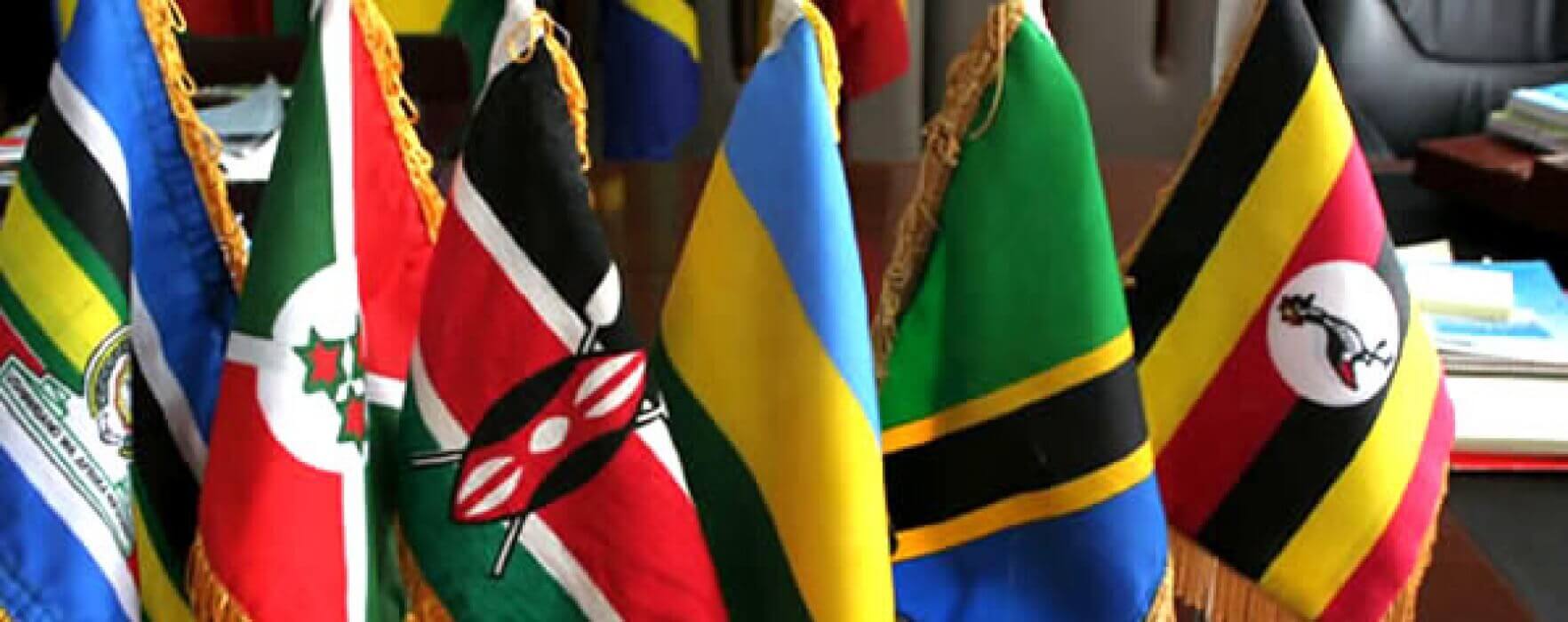The East African Community (EAC) member states have been granted access to the same trade agreement that was signed between the United Kingdom (UK) and Kenya, in what represents a significant move towards protecting regional unity and integration. In recent weeks, the UK Parliament had delayed the ratification of the recently signed trade deal with Kenya over concerns of potential “disruptive political and economic impacts” on the EAC. At present, EAC member states have zero customs duties on goods and services traded amongst fellow members and a common external tariff on imports from non-EAC countries.
In December, Kenya reached a consensus on the broad terms of a new trade deal with the UK prior to the Brexit deadline. The deal essentially extended Kenya’s duty and quota-free access to the UK market, which was set to expire at the end of 2020. The negotiation of a new trade agreement protected Kenya against an 8% duty that would have otherwise been charged once the UK left the EU.
The UK had originally envisioned an identical agreement with all the countries in the East African Community (EAC)—an intergovernmental organisation comprised of Burundi, Kenya, Rwanda, South Sudan, Tanzania, and Uganda. However, certain countries, like Uganda and Tanzania, preferred to delay negotiations until December 2021, and resume negotiations once both countries had completed their elections.
The EAC Customs Union Protocol requires member-states to negotiate trade agreements in unison. Therefore, Kenya’s decision to go it alone raised concerns over unity within the bloc. Kenya justified its decision by pointing to the differences in the countries’ economies. Burundi, South Sudan, Tanzania, and Uganda are all categorized as Least Developed Countries (LDC), which affords them unrestricted access to the UK market, even without an FTA. Kenya, on the other hand, is a lower-middle-income country, which means that, in the absence of a free trade agreement (FTA), its exports would be subject to taxes and other trade restrictions by the UK. Hence, unlike other EAC member-states, it could not afford to extend the negotiations by another year.
Aside from tensions with fellow EAC members, a majority of Kenyan MPs had also refused to ratify the trade deal with the UK, accusing the government of “sneaking in documents that had not been tabled in [the Kenyan] Parliament”. The lawmakers contend that it has not been clarified which specific British imports will be allowed duty-free access to the Kenyan market for 25 years.
Likewise, the UK Parliament’s International Agreements Committee also recommended delaying the ratification of the deal, saying, “Kenya’s divergence from the EAC’s common external tariff could have political and economic implications for the coherence of the EAC as a regional bloc.”
The latest deal, however, essentially allows other EAC members access to the same deal that was granted to Kenya and gives them additional time to negotiate the specifics of their individual bilateral agreements with the UK.
The deal was helped in no small part by the fact that Kenya’s Peter Mutuku Mathuki is set to become the new Secretary-General of the EAC, while President Uhuru Kenyatta was appointed as the bloc’s chair. In fact, Kenyatta released an official statement saying: “It is desirable that the objectives of the Customs Union, Common Market and Monetary Union; and easier cross-border movement of goods, people and services be realized.”
Although the concerns of the EAC members have now been resolved, there is still domestic unrest in Kenya over the deal. A number of local farmers have voiced their opposition to allowing British producers duty-free access to the Kenyan agricultural market. In fact, they have even filed a petition with the High Court in Nairobi, saying that the deal is in “utter violation of the fundamental rights and freedoms of the petitioners enshrined in Articles 35 and 43 of the Constitution”. They further argue that the agreement has not been subjected to adequate “regulatory and economic impact assessment as required by the Treaty Making and Ratification Act, and the Statutory Instruments Act”.
Outside of its borders, however, the deal has been celebrated by the UK and fellow EAC member states.
UK Offers FTA Signed With Kenya to All EAC Member States to Protect Regional Integration
The latest deal essentially allows all East African Community members access to the same deal that was signed between the United Kindom and Kenya.
March 2, 2021

SOURCE: IP KENYA
